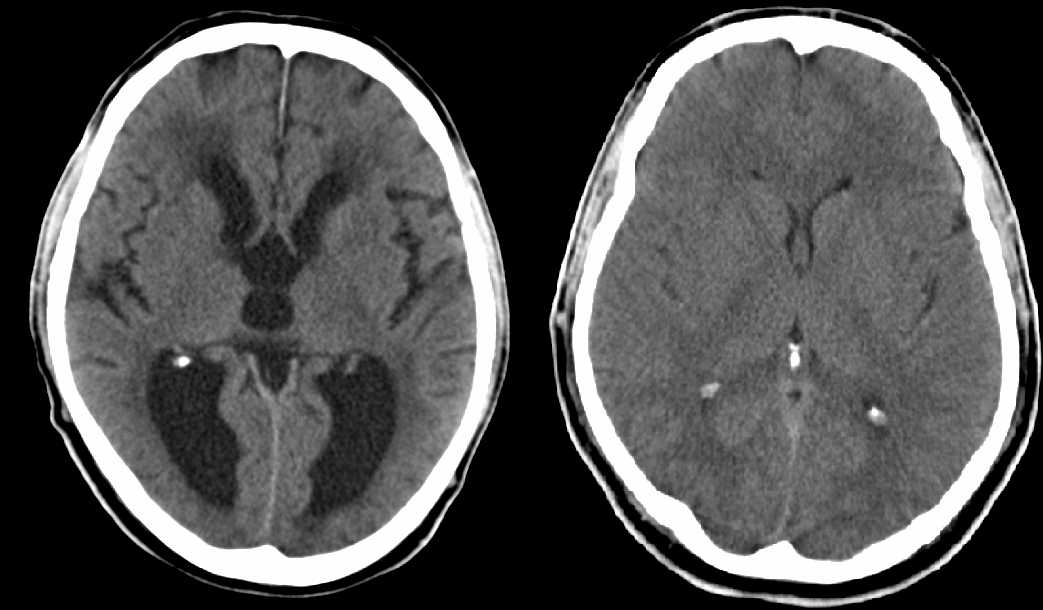Did you know that Leading Edge Senior Care has a Dementia Support Group? We meet monthly in Mesa. For more details <click here>
Senior Care for NPH Dementia
Senior care for NPH Dementia. What is it? In short, it is excess cerebrospinal fluid (CSF) buildup in the brain’s ventricles is what causes normal pressure hydrocephalus (NPH), a brain disorder that results in impaired thinking and reasoning, mobility issues, and urinary incontinence.
Understanding the Diagnosis
Excess cerebrospinal fluid accumulating in the brain’s ventricles is what causes normal pressure hydrocephalus, a brain disorder. Although CSF pressure is often unremarkable when measured during a spinal tap, this “normal pressure” nickname for the disease has misled many people. Enlarged ventricles from the excess fluid begin to compress and damage nearby healthy brain tissue, causing problems with things like motor skills, cognition, and bladder control.
Intervening surgically is one potential way to treat normal pressure hydrocephalus, which involves inserting a shunt. A shunt is a relatively long and thin tube that drains the excess CSF away from the brain. Surgery usually improves somebody’s ability to walk; however, changes in thinking or losing bladder control are less likely to get better. Not everyone with normal pressure hydrocephalus benefits from shunting surgery, and it is difficult to identify who will most benefit. In addition, there is little data supporting how long improvements may last for those whose symptoms improve after surgery.
Seniors are the Affected Group
Hydrocephalus is a relatively common condition, affecting an estimated 700,000 adults in the United States. However, hydrocephalus is often confused with Alzheimer’s or Parkinson’s disease. In reality, only 20 percent of people with hydrocephalus receive the correct diagnosis.
Signs & Symptoms
- A person with this condition might have difficulty walking as if they are “on a boat.” This can involve the body being bent forward, legs held wide apart, and feet that feel glued to the ground.
- Dementia that is mild causes a person to lose interest in the activities they normally do, and have difficulty completing simple tasks and remembering new information.
- A decline in thinking skills makes it difficult to focus, make decisions, or plan. This also comes with changes in personality and behavior.
- Bladder control is often one of the later symptoms to show up in those with the disease, after difficulty walking and cognitive decline.
Treatment & Senior Care
If an individual’s symptoms and results from an evaluation and MRI suggest normal pressure hydrocephalus. A high-volume spinal tap can help us understand if someone may benefit from surgical shunt insertion. 30 to 60 minutes after doctors remove a large amount of spinal fluid, they observe the individual for improvements in walking or thinking, and reasoning. Although there is no cure for normal pressure hydrocephalus. Researchers have not found any drugs that effectively remove the excess fluid from throughout the body and improve symptoms.
Research
- Seniors are affected by normal pressure hydrocephalus.
- Excess CSF buildup from normal pressure hydrocephalus leads to issues with movement, thinking, and bodily functions.
The possible benefits of shunt insertion include:
- Improved blood flow to the brain
- Reduced pressure in the skull
- Prevention or reduction of damage to the brain tissue
Senior Care for NPH Dementia
Personal care, cognitive therapy, and range of motion therapy is critical after the shunt procedure. Your ability to regain strength in between PT visits will be vital for long-term recovery. Our care plans are designed to work in conjunction with your post-rehab care plan, physical therapy plan, and nutritional needs. Contact us today to see how we can assist in transitional care or in-home senior care with this form of dementia.

